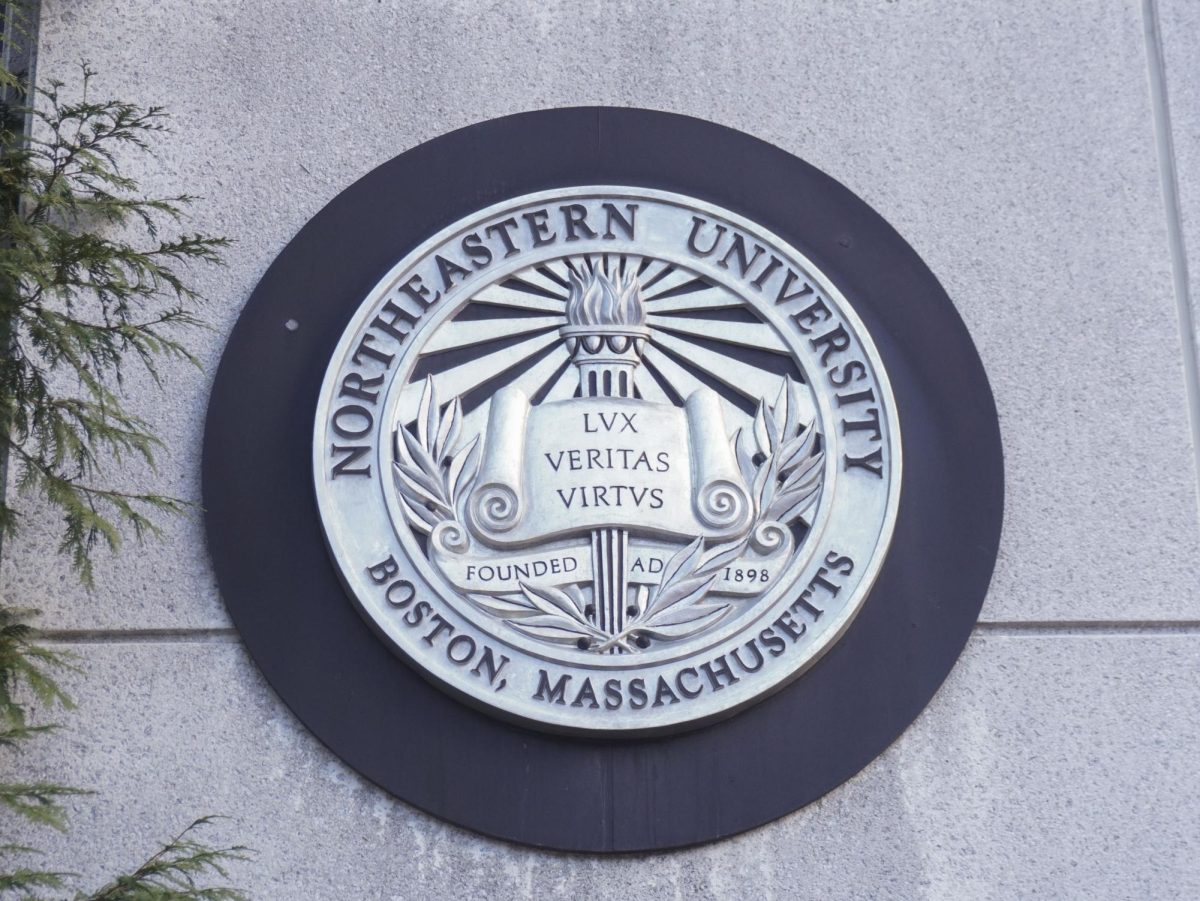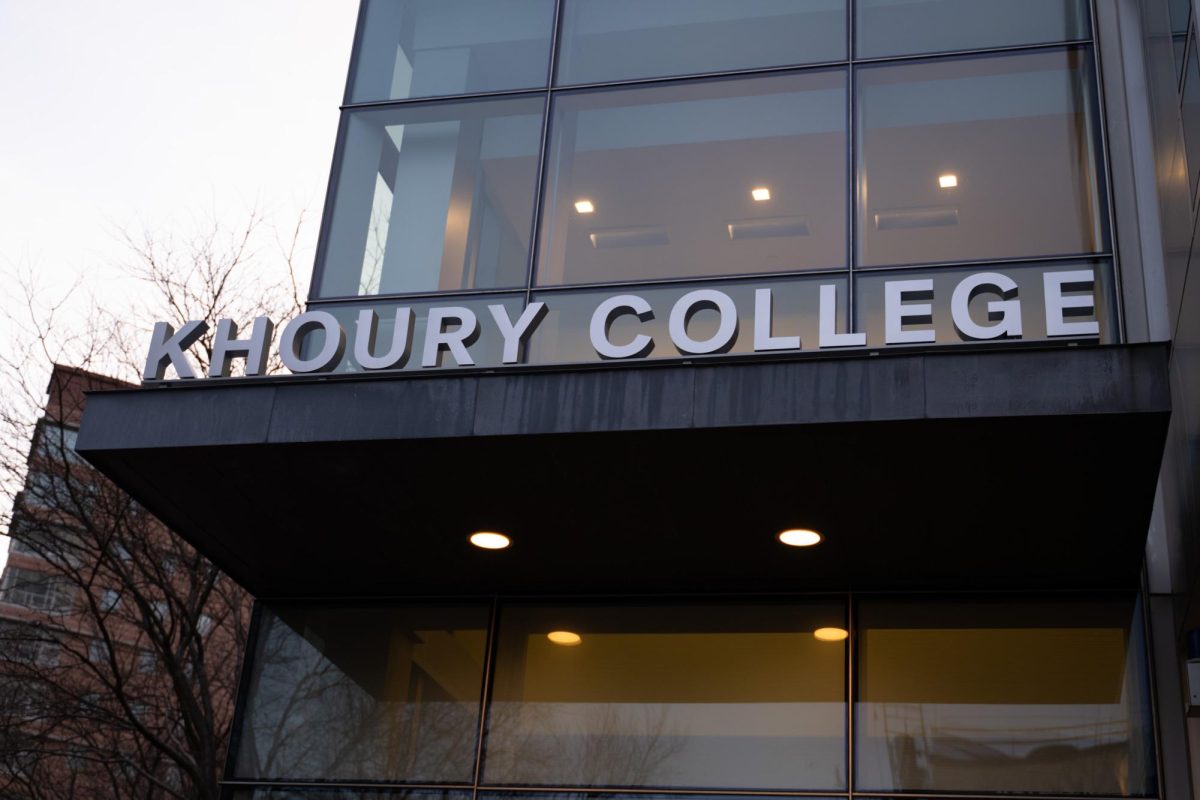By Bryah Paley
One of the most important things to Northeastern students is their internet connection. Some students had the plug pulled on this prized privilege.
This has happened to students this year because they are unaware or choose to ignore the rules of ResNet, Northeastern’s internet provider, which provides service to over 6,200 students. Bob Weir, the vice president of Information Services, spoke to The News to explain the situation.
“I want to stress how important ResNet is as a service. ResNet has been listed as the most important thing in selecting where you want to live, in other words internet access,” Weir said. “There are students, whether they mean to or not, who use a disproportionate amount. It’s not that much in the number of students [less than one half of one percent of that population], but they use half the pipe. They are referred to as “top talkers,” and they have a very material affect on this situation.”
You become a “top talker” when the networking team sees that over a 24-hour period, you demand half a megabyte transfer rate.
“That’s enough to download 10 movies or 1,000 songs,” said Weir.
There are also situations where you could have a virus on your machine and the virus is causing it.
Weir said that most of the “top talkers” were unaware of their misuse until someone knocked on their door.
“Some would have a hard time claiming they didn’t know given their activities,” he said.
Compared to other schools, Northeastern has one of the largest connections. At the beginning of the last school year, there were internet connection problems because the kind of capacity demand that could not have been predicted.
“The pipe we have today is three and a half times as large as the one we had just a year ago. So, we made a huge investment in improving this connection,” Weir said. “Our job is to give good service for a good price.”
The pipe costs $300,000 student dollars a year.
Pamela Erskine, the director of Customer and Information Services, explained the action they take once a student is identified as a “top talker.”
The network resource center is notified, and they may also shut off the port in that room to protect the network. Students are notified either by phone or by a note under their door. They must attend a meeting in Joe Putnam, the Help Desk Specialist’s cubicle, and after that their computer is examined for viruses.
Once all procedures are complete, the port will be reactivated and they can get back on the internet. If the student violates the service again, they will be referred to the office of conduct and student resolution.









